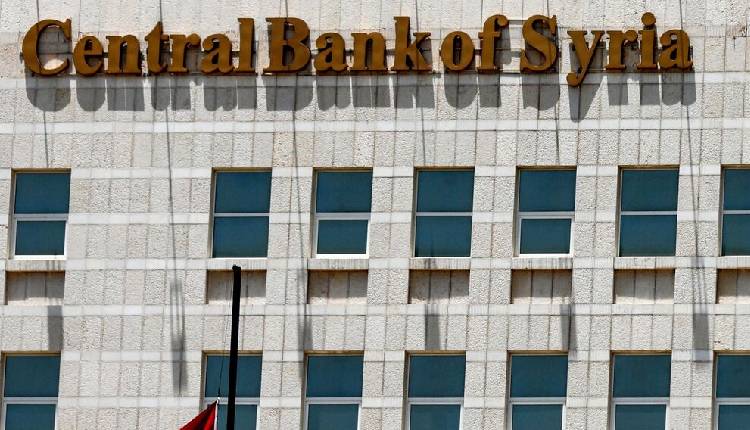Syria’s central bank said on Tuesday it aims to increase its independence in monetary policy decisions, shifting from the tight control exercised during the previous regime.
The institution is drafting amendments to enhance its authority over monetary decisions, subject to approval by Syria’s new governing authority. Plans also include expanding Islamic banking to attract Syrians who avoid traditional banking services, potentially allowing conventional banks to open Islamic branches.
Islamic banking, already prominent in Syria, adheres to Sharia law by prohibiting interest and investments in certain industries.
Under the previous regime, the central bank financed deficits, which fuels inflation. The bank now seeks to avoid further money printing to curb inflation, while a review of Syria’s foreign exchange (FX) and gold reserves is ongoing.
The Syrian pound’s value has plunged from 50 per dollar in 2011 to over 13,000 per dollar in 2025, with inflation doubling annually as of 2024. Efforts are underway to restructure state-owned banks and regulate money exchange shops, which have become key hard currency sources.
While the US maintains sanctions on the central bank, recent exemptions for humanitarian aid and remittances aim to stabilise Syria. Officials expressed hope for full sanctions relief to reconnect Syrian banks to the global financial system.
Attribution: Reuters
Subediting: Y.Yasser


